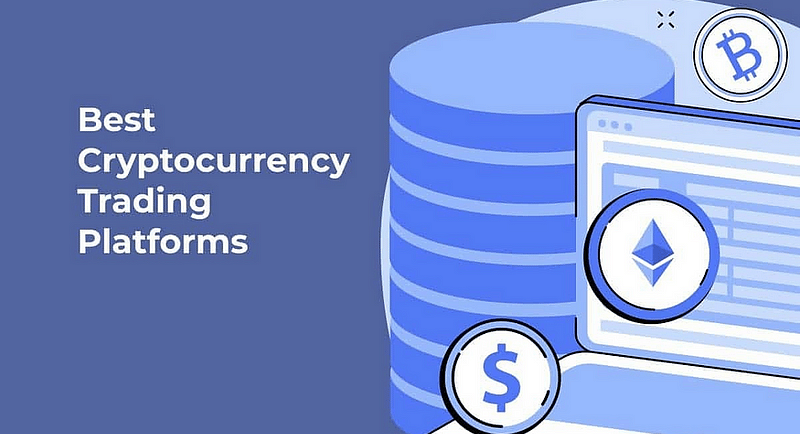A Comprehensive Guide to Alternatives in Cryptocurrencies and Exchange Platforms


Ever since the inception of Bitcoin over a decade ago, the cryptocurrency landscape has witnessed the emergence of numerous new digital assets. From stablecoins and non-fungible tokens (NFTs) to playful meme-based coins, the market now offers a wide array of cryptocurrencies, all based on the underlying technology of blockchain.
The sheer number of cryptocurrencies is astounding, with approximately 22,932 reported by CoinMarketCap, boasting a collective market capitalization of $1.1 trillion. This exponential growth is remarkable considering that Bitcoin itself only came into existence in 2009.
While Bitcoin was the first and original cryptocurrency, it wasn’t until 2011 that alternative digital coins, later termed “altcoins,” began to appear. Coins like Litecoin (LTC) and Namecoin (NMC) paved the way for the popularity of altcoins, but it was Ethereum (ETH) that truly elevated their status.
Cryptocurrencies serve various purposes in the market. Bitcoin and other altcoins, which operate on their own dedicated blockchains, are often seen as investment assets and stores of value. On the other hand, coins like Ethereum have a more transactional role, enabling developers to build a plethora of tools, services, and communities within their blockchain ecosystem.
A key distinction in the cryptocurrency world is between “coins” and “tokens.” Coins, like Bitcoin and Ethereum, run on their own blockchain, whereas tokens are digital assets created on existing blockchains. Tokens can represent assets, provide specific services, or grant access to applications. Notably, the Ethereum network hosts a multitude of tokens.
Among token types, three common categories stand out:
Value Tokens: These tokens represent valuable digital assets, such as art or music, often in the form of NFTs.
Utility Tokens: Utility tokens facilitate services and allow users to perform actions within a blockchain network or decentralized application.
Security Tokens: Security tokens symbolize ownership of real-world assets and may be used by companies to raise capital through equity sales. Due to their nature as financial securities, they are subject to regulatory oversight by bodies like the Securities and Exchange Commission (SEC).
One prominent type of token running on the Ethereum network is ERC-20 tokens, named after the Ethereum Request for Comment 20 standard. ERC-20 tokens adhere to specific rules and standards set by developers to ensure their compatibility within the Ethereum ecosystem.
The term “altcoin” has evolved over time. Initially, any cryptocurrency other than Bitcoin was considered an altcoin, but today, the market encompasses a diverse range of coins and tokens with various use cases that extend beyond mere digital currencies. Ethereum, for instance, is a major altcoin known for its computing network, allowing users to run decentralized applications and host smart contracts.
Stablecoins are another class of cryptocurrencies, designed to maintain a stable value by being pegged to the price of another asset. Two common types are collateralized stablecoins, backed by reserves, and algorithmic stablecoins, which utilize algorithms to control their supply and value.
In the realm of humor and viral trends, meme coins have gained popularity through memes and social media. Dogecoin (DOGE), inspired by the “doge” Shiba Inu meme, became the pioneer meme coin and amassed a devoted following. However, meme coins should be approached with caution, as their value can be highly volatile.
At MyCoinChange, they prioritize security, speed, and transparency, ensuring that our customers have a seamless experience while swapping their cryptocurrencies. Their dedicated support team is available to assist you with any questions or concerns throughout the process. Happy swapping!
As the cryptocurrency market continues to expand and innovate, it’s essential to remember that investing in these assets carries inherent risks. Potential investors should only use capital they can afford to lose and seek regulated platforms for their transactions.
